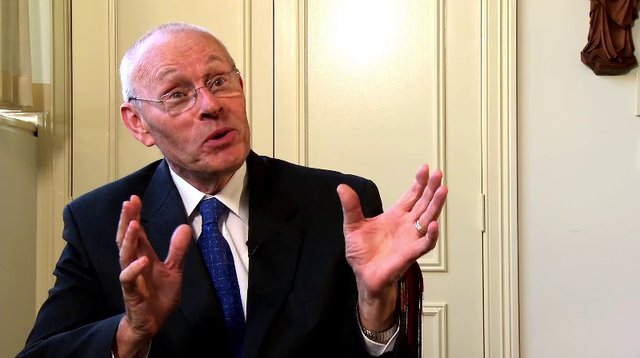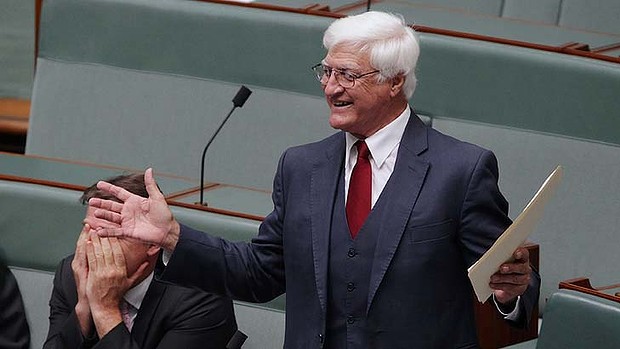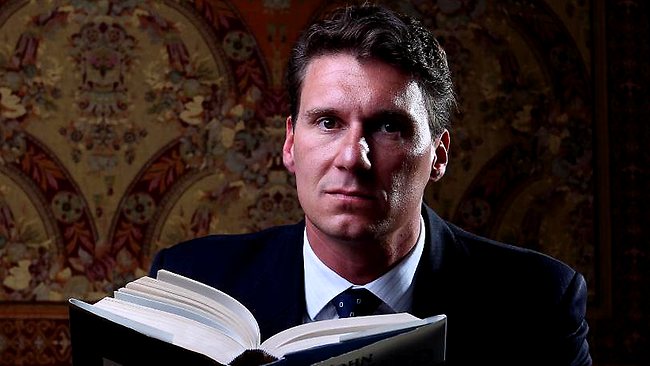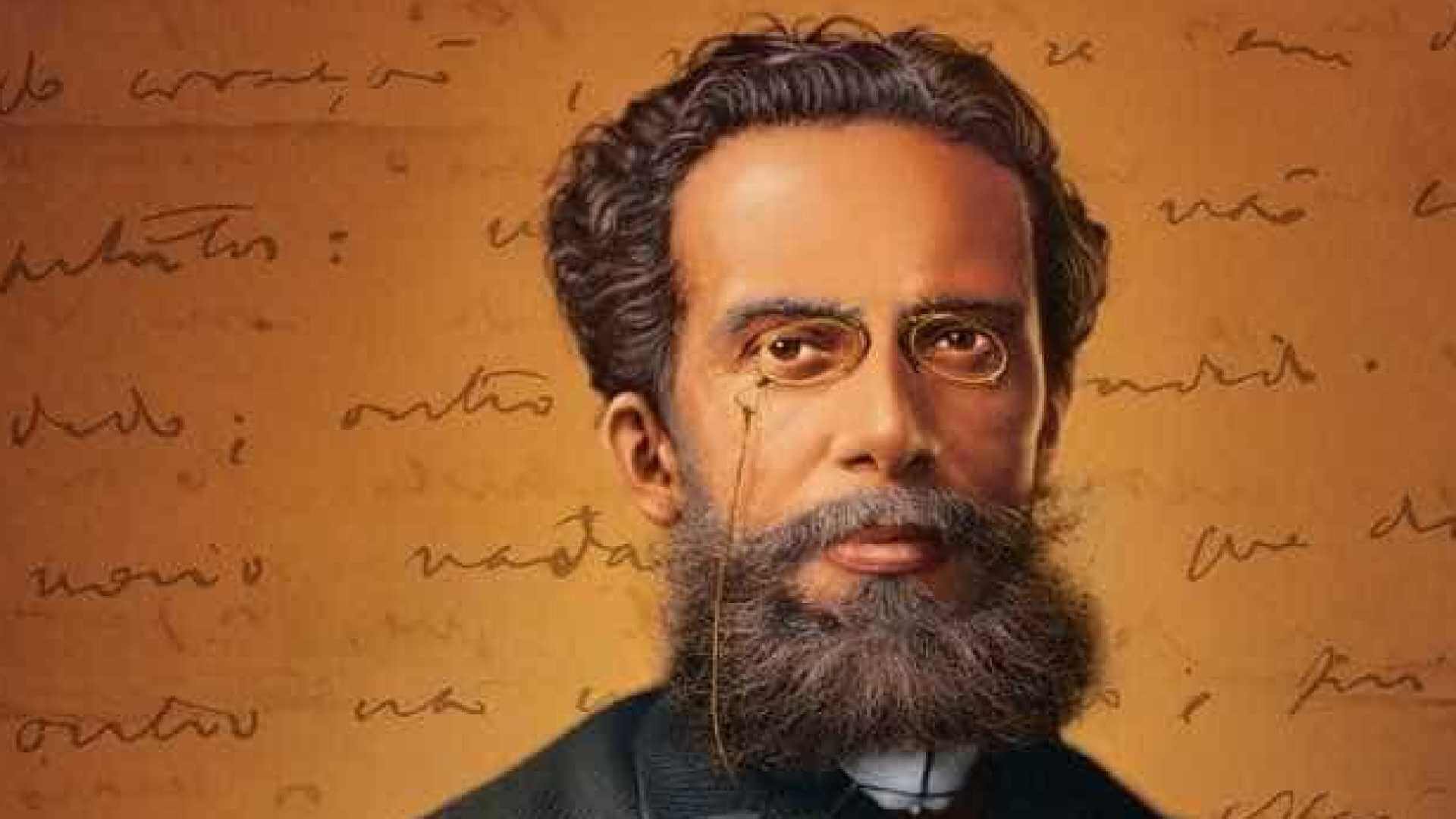
“There is, if you like, an inescapable logic implicit here. It goes something like this:
♦ when God (the transcendent, the ultimate, the divine dimension) recedes from the consciousness of society, that society has no ultimate or objective reference point for morality;
♦ when that happens, the society has no reason to be moral;
♦ when it has no reason to be moral it becomes more litigious (i.e. it places more and more emphasis on laws and law enforcement);
♦ the more litigious it becomes, ironically, the more lawless it is likely to be in the end. ‘What can I get away with?’ becomes the crucial question, ‘Don’t get caught’, the crucial law. To be truly law-abiding people must first be moral.
“Such a society has unrealisable expectations of its law makers and enforcers – especially the latter. Such a society will also bread strange sects and bizarre theories as people struggle to find some connectedness with a bigger reality, a wider order that will give meaning and value to their lives. As Nietzsche noted last century: ‘He who no longer finds what is great in God, will find it nowhere – he must either deny it or create it’.”
▪ Michael Whelan, Without God All Things Are Lawful (St Pauls, 1995) extract from page 55.





Be the first to comment on "Quote of the Week: Michael Whelan, “Without God All Things Are Lawful”"